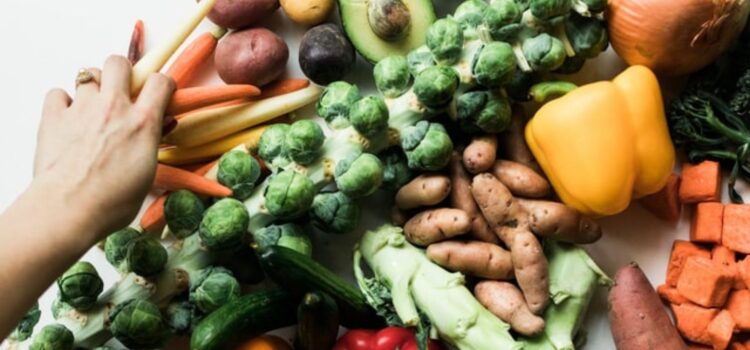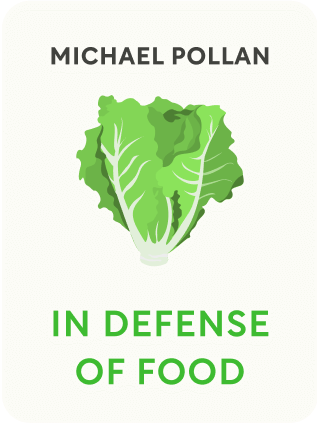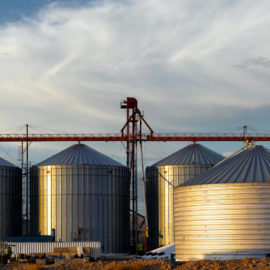

This article is an excerpt from the Shortform book guide to "In Defense of Food" by Michael Pollan. Shortform has the world's best summaries and analyses of books you should be reading.
Like this article? Sign up for a free trial here .
What’s all the hype about plant-based eating? Are diets consisting primarily of plant-derived foods really better for you? What are the main benefits of plant-based eating?
There are numerous health benefits to eating a plant-based diet. To name a few, plant-based foods contain more antioxidants (compounds that fight free radicals) and fewer calories. They are also lower in toxins.
Learn about the benefits of plant-based eating.
What Are the Benefits of Eating Plant-Based?
The evolutionary relationship between humans and plants greatly explains why they are so good for us and why a diet focused on plant-based eating is a healthier option. Even Thomas Jefferson said that meat should be eaten more as a flavouring to support vegetables, rather than the main dish.
One benefit of plant-based eating is the amount of antioxidants plants provide the body. Vitamin C is one of the most important. Your ancestors were able to produce vitamin C internally. This process helped reduce the amount of free radicals—oxygen atoms containing an extra electron—created whenever cells metabolize or the body fights inflammation. Free radicals are believed to be associated with cancer and other ailments experienced with age. Vitamin C and other antioxidants stabilize the free radicals before they can cause harm.
Vitamin C and other antioxidants also entice the liver to produce enzymes to break the antioxidants down and other compounds in the body, like toxins. In this way, antioxidants are detoxifiers, helping to rid the body of carcinogens and other dangerous compounds. The greater variety of antioxidants, the greater variety of toxins targeted.
However, the large plant-based diet of your ancestors contained so much vitamin C, the body had no need to continue producing its own. This ability was weeded out through evolution and made humans dependent on plants to receive these vital nutrients. This is one of the main reasons they are so good for you.
There are various other benefits humans get from plants-based eating. Vegetarians tend to be healthier and live longer. Plants also have fewer energy properties, hence, fewer calories. And unlike meat, which you don’t need to survive, you do need plants to survive. Still, meat does provide some essential amino acids, so a diet including small portions of meat is not necessarily a bad thing.
The problem with meat comes from the way we consume it and the way it is processed. The large portions of meat as main courses is extreme, and industrialized meat is not good. Meat sits at the top of the food chain, so it has the distinction of soaking up all the nutrients—and toxins—running up that chain. Thus, meat is the pinnacle evidence for why the health of the food chain is so important.

———End of Preview———
Like what you just read? Read the rest of the world's best book summary and analysis of Michael Pollan's "In Defense of Food" at Shortform .
Here's what you'll find in our full In Defense of Food summary :
- Why eating a Western diet is killing you
- How the rise of low-fat foods contributed to the rise of obesity and diabetes
- What to eat if you want to restore a healthy relationship with your food





